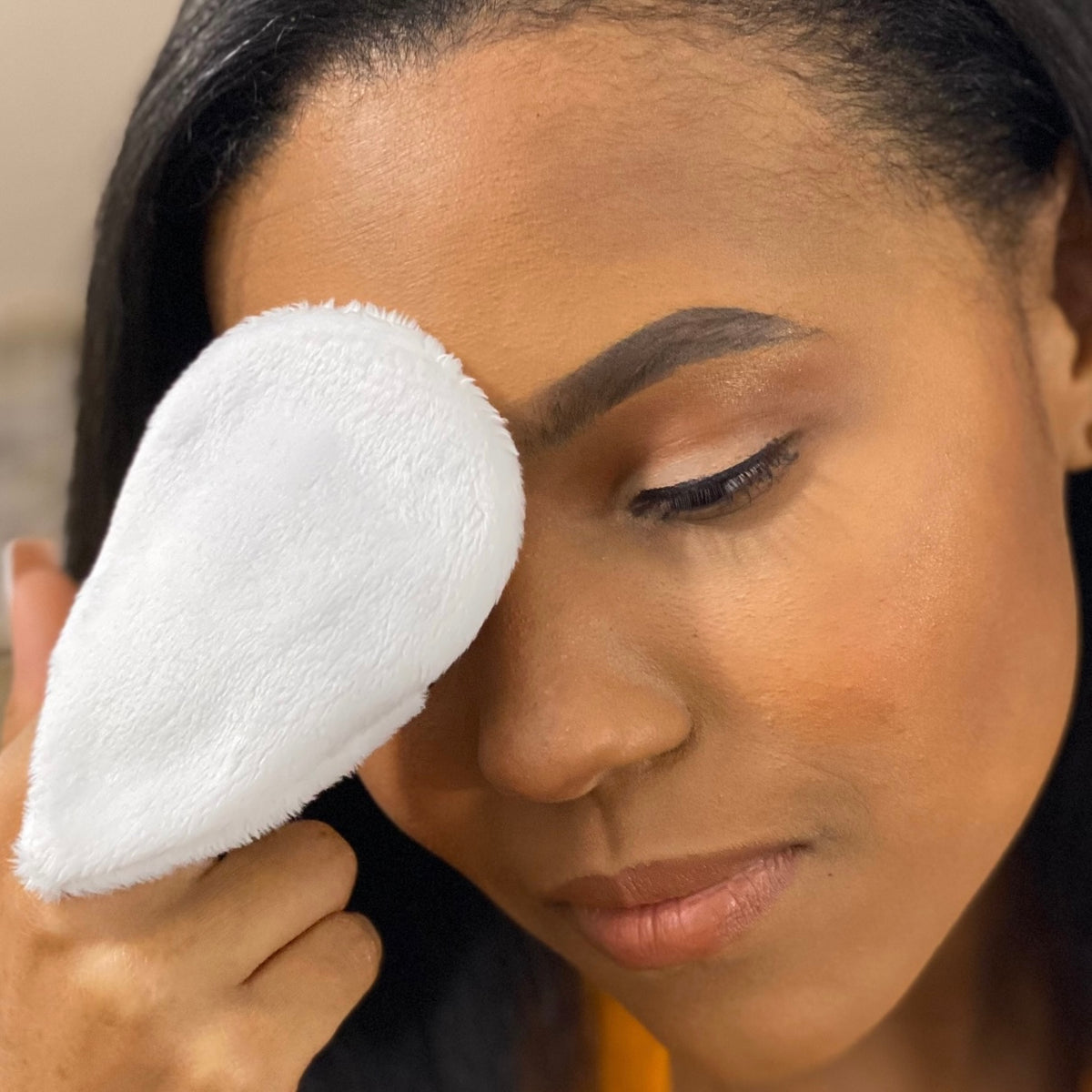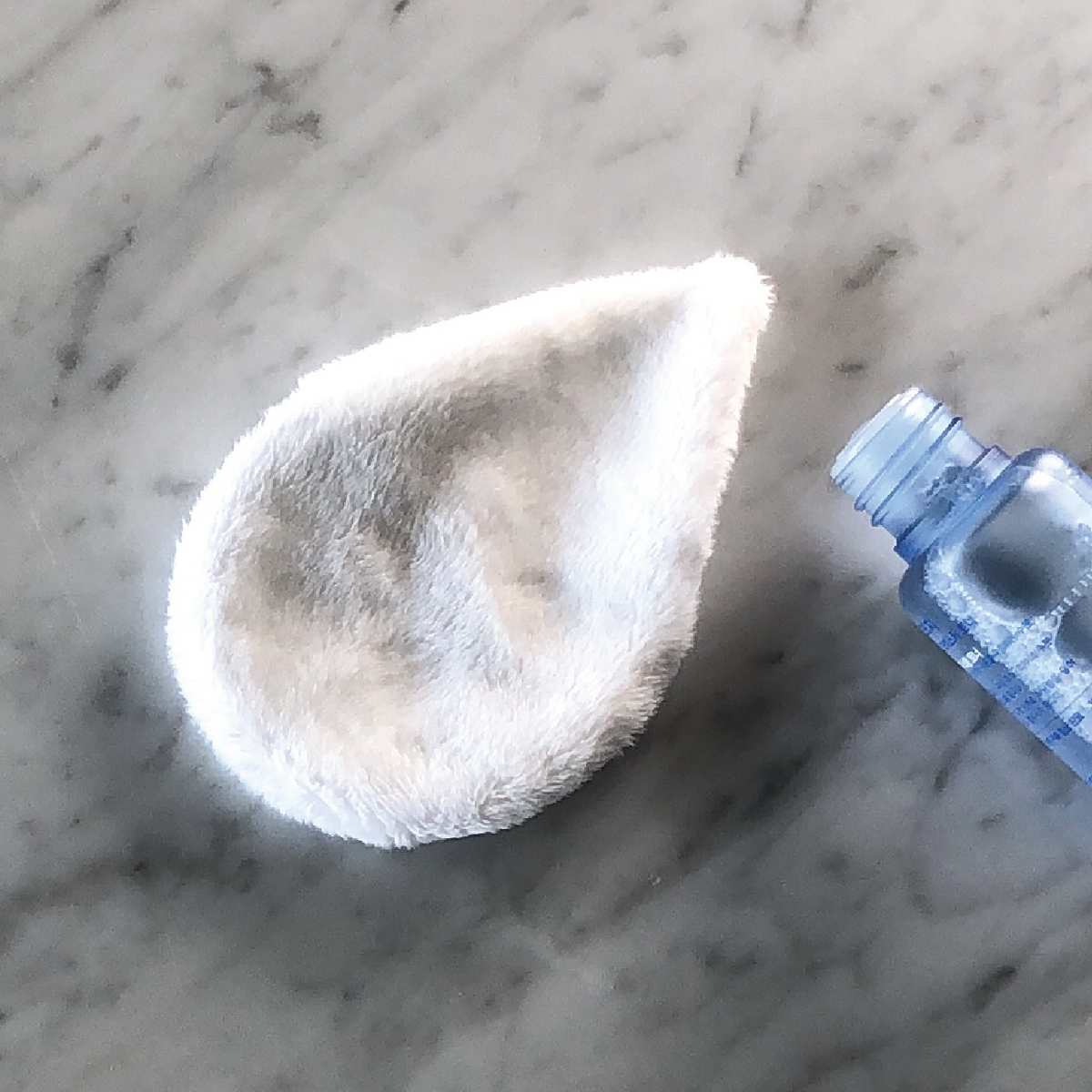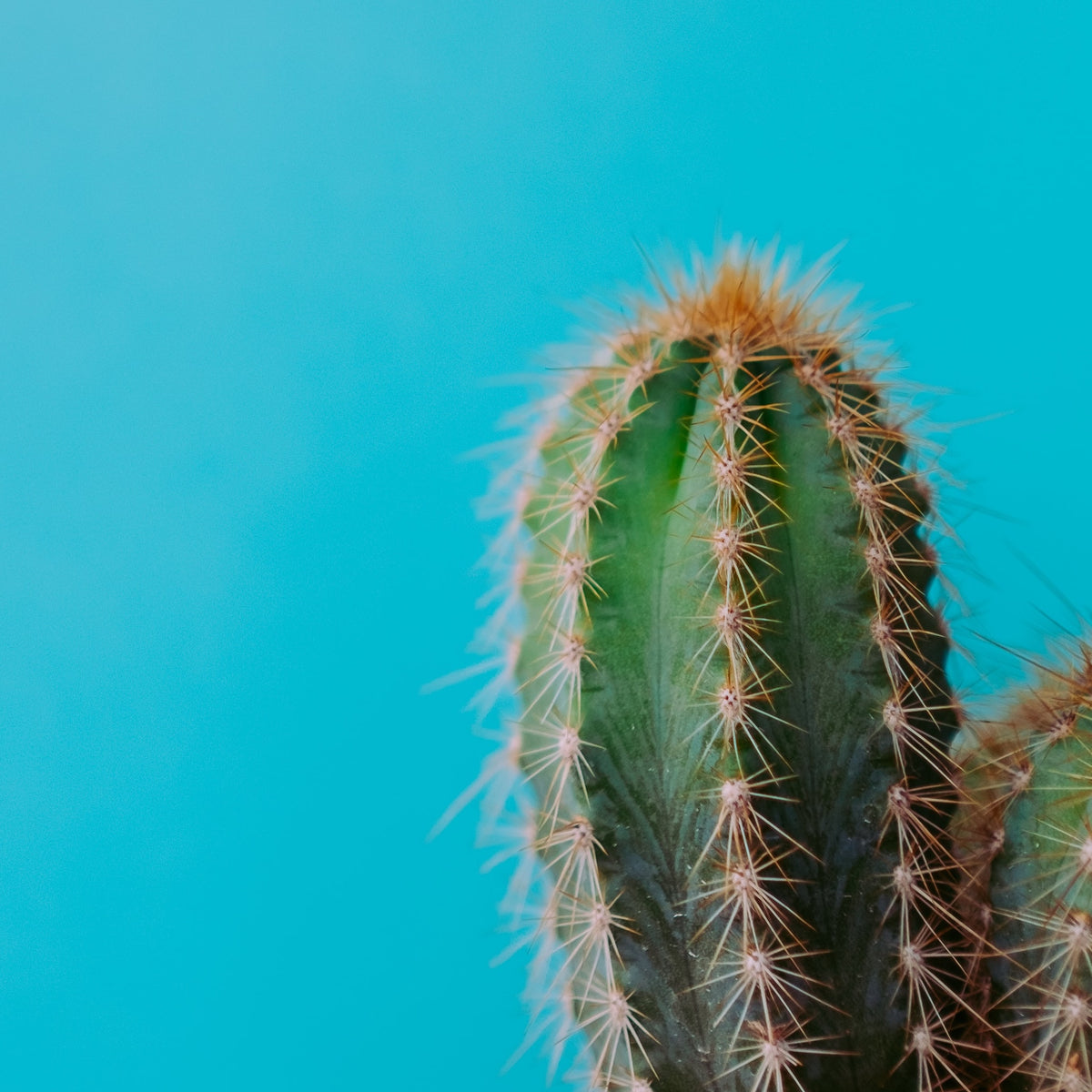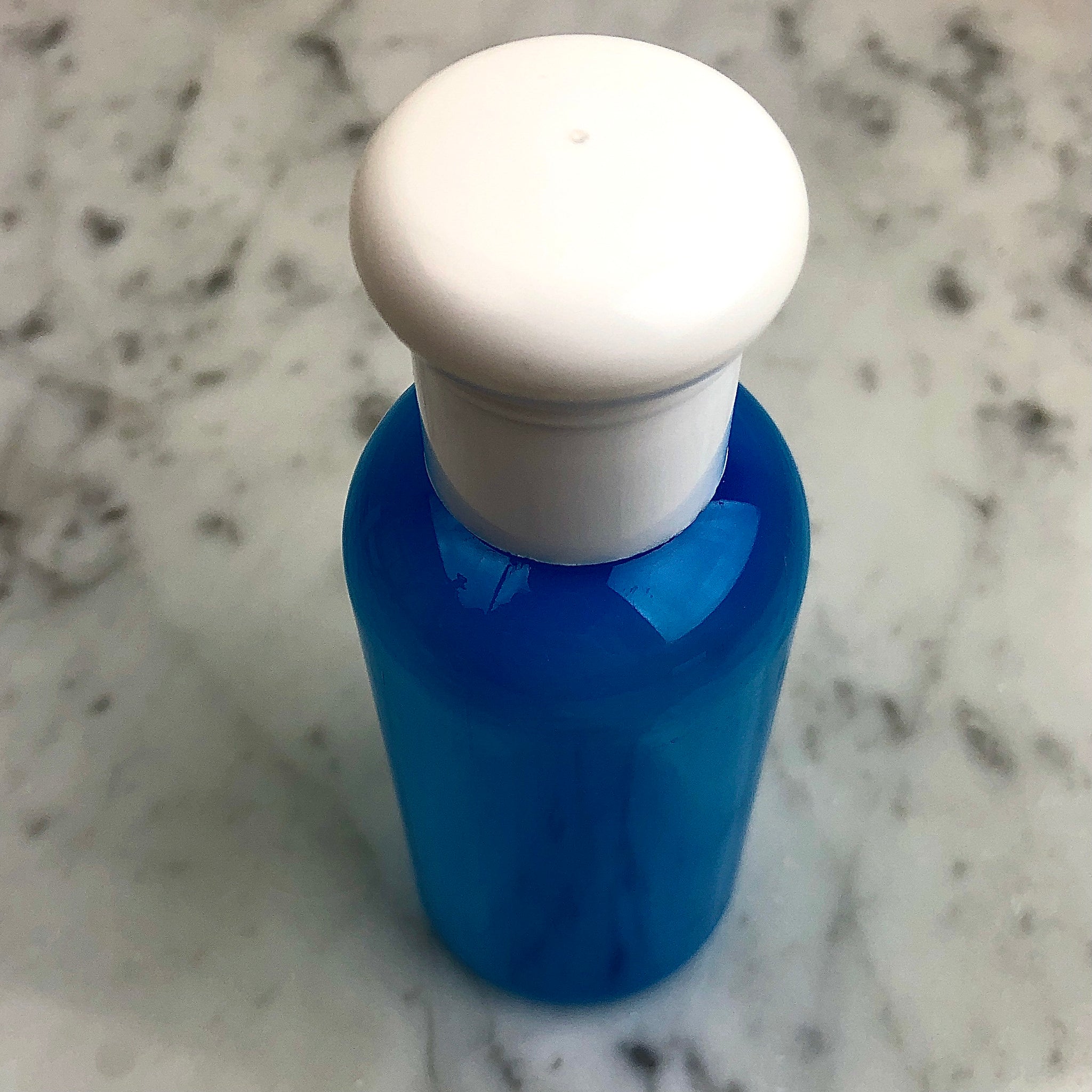Is Astringent Good for Skin?
Is Astringent Good for Skin?
It’s been a long time since astringents were the prom queens of the skincare world (that’s not the scientific term). What changed and why?
As an adjective, “astringent” means to cause something to contract, often by means of tightening it or drying it out. As a noun, it usually refers to alcohol-based products that strip oil from skin.
Skincare experts used to think that the way to manage oily, blemish-prone skin was to remove the oil and bacteria. Hence, they loved harsh, bacteria-killing astringents (among other products). But in the last few decades, those experts started changing their minds.
Stripping Oil = Bad for Skin
At some point, experts noticed that stripping oil from skin can cause the oil glands to go into overproduction mode, which means that removing all of the oil just led to more oil. For people with sensitive or dry skin, harsh astringents and cleansers lead to rashes or even more dryness.
Also, there was a recognition that the skin’s pH level has a big impact on whether bacteria will lead to blemishes or not. Astringents can wreak havoc on the skin’s natural pH balance, which is part of why experts starting giving them the side-eye.
Instead of just killing all surface bacteria, the focus is now on supporting skin’s natural tendency to be slightly acidic. This is called the “acid mantle,” and it’s critical for healthy skin, since bacteria have a hard time growing in an acid environment. Instead of removing oil, we now focus on gentle cleansing that removes grime without freaking skin out (not the scientific term).
Skincare Takeaways
What does this mean for your skincare routine? All skin types are better-served by switching out harsh cleansers for gentle ones and ditching alcohol-based astringents for gentle toners. And following this up with a nice moisturizer is like wrapping your skin in a cozy blanket (again, not the scientific term).
What’s the difference between an astringent and a toner? Stay tuned!
Also in Company stories, skincare tips, and environmental news from Take My Face off

How to Help Teenagers with Skin Problems
- Avoid the temptation to go overboard! Harsh cleansers, astringents, and scrubs can make problems worse.
- Cleanse skin twice a day with a gentle cleanser. Make sure to rinse thoroughly.
- Avoid harsh soaps and creams (unless recommended by a dermatologist).
- If you want to try topical acne treatments, start off slowly.

What's the Difference Between Astringent and Toner?

How to Exfoliate Your Face
There are right ways and wrong ways to exfoliate. The wrong ways fall into one of these categories:
- Not doing it at all
- Doing it too often
- Doing it too harshly (too scratchy or too burn-y)


